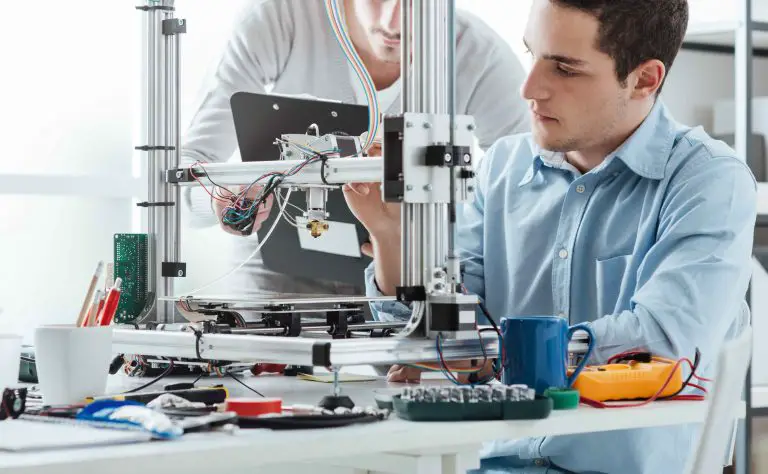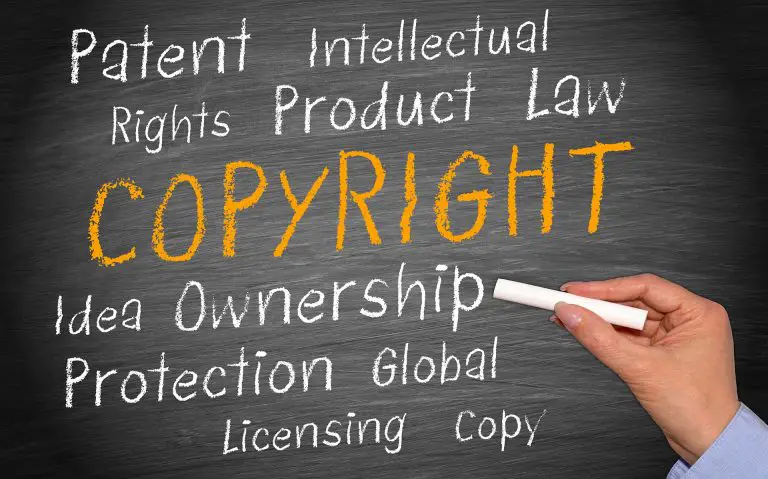Why Are Patents Important to Inventors?
Why Are Patents Important to Inventors?
Patents are intellectual property rights granted to inventors who invent new inventions, machines, processes, or designs. Patents allow inventors to exclude others from making, using, selling, or importing the patented invention within the United States for a limited period of time.
Patents are important because they help inventors protect their inventions, products, or designs from being copied and stolen by others for a limited period of time, usually for fifteen or twenty years, depending on the type of patent.
That said, patents only protect an inventor’s invention in the country issuing the patent. For example, if an inventor patents his invention in the United States, the inventor will only be able to restrict others from making, using, selling, and offering the invention for sale within the United States. If an inventor wants protection in a different country, such as Canada, the inventor will have to protect his invention in Canada, under Canadian law.
More Reasons Patents Are Important to Inventors
We will now dive into some additional reasons as to why patents are valuable to inventors.
Protection From Theft
One of the main reasons that inventors patent their inventions or designs is to protect their idea from theft. Inventors often spend a lot of time and money working on their invention, only to have a third party steal and copy the hard work the inventor has performed.
Patents protect inventors’ inventions by allowing them to sue and take legal action against any party that makes, sells, or imports to the united states the inventor’s invention without the inventor’s express permission.
Doing Business
Inventors protect their inventions because if they don’t, their competitors may patent the product before them and then prohibit them from selling the product. So, inventors choose to protect their products with patents to continue selling the patented product without having to worry about third parties prohibiting them from doing so.
If a third party were to patent a product before the inventor patents it, not only will others compete with the inventor, the inventor could lose his right to compete at all. If this happens, the inventor loses any time and money he invested in creating his invention. This is not an outcome that inventors want, so they patent their product, allowing them to continue to compete with others.
Weed Out the Competition
When inventors patent their ideas and inventions, they begin to build a patent portfolio. This patent portfolio allows them to protect the products they’re offering, limiting the ability of competitors to sell similar products. By limiting the ability of competitors to sell products that are similar to the inventor’s products, the inventor faces less competition in his niche, allowing him to become the sole seller of the product and attain a higher return on his investment.
Encourages them to Innovate
Patents encourage inventors to invent because it allows them to enjoy a monopoly over their invention for a limited period of time. For utility patents, inventors will be able to restrict others from making or selling their invention for 20 years from the filing date of their utility patent application. For design patents, it’s 15 years from the grant date of their patent application.
During the patent term, many inventors will be able to make and sell their products without having to worry about competition. This allows them to recoup their investment and make profits from making and selling the patented product or design.
Licensing Their Invention to Others
Patents are important to inventors because they allow inventors to license their invention to others in exchange for an agreed-upon fee or royalty. For inventors, licensing fees can be a great source of revenue, especially in circumstances where the inventor does not have the money or resources to produce, market and sell the invention. In the United States, there are companies that exist solely to patent technology and inventions, and to license their tech to other companies to use. Without patents to protect an inventor’s intellectual property, it would be substantially much more difficult to license patented inventions.
When an inventor licenses his patented product, he can choose the geographic scope of the patent, the time for which the license will last, and the amount of royalty that he will receive. For example, an inventor can choose to license his patented product for use only in California. The licensee would then only be allowed to use the patented product only in California.
Selling Their Invention
The same way that inventors patent their inventions to license them, they can protect their invention with a patent and then sell the patented invention or technology to a third party. Selling a patent is great for inventors who like making new things but don’t want to sit on their invention and guard it for the next 20 years. Depending on how valuable the patent is, an inventor could sell his invention for a considerable amount of profit.
Added Value
Patents are beneficial for inventors because they add value to the inventor and help brand a company as an innovator in the field of the patented invention. Also, the more patents an inventor has, the more people perceive the inventor as a valuable business partner. The more patents a company has, the more valuable it becomes in the eyes of investors and potential purchasers. Having patented products gives investors and partners a feeling of security since you’re protecting their intellectual property.
Higher Profit Margins
Patent law in the United States gives inventors the right to exclude others from making, using, selling, and offering for sale their invention. Assuming there is market demand for the patented product, inventors can charge higher prices for the patented product since there will be less of a supply of the product.
Increase in Negotiating Power
If an inventor knows that he may be selling his business or technology, having a patent over the products and technology used in his business will help increase his negotiating power. This couldn’t be truer if the patents are of considerable value to the party seeking to purchase the business or its technology.
How Long Does it Take an Inventor to Patent his Invention?
According to the USPTO, inventor seeking to protect their invention, process, or machine should expect to wait 24.2 months for the patent office to either grant or reject their utility patent application. If an inventor is seeking to protect a design, an inventor should expect to wait 20.4 months for the patent office to either grant or reject his design patent application.
How Much Does it Cost For an Inventor to Patent his Invention?
Costs associated with patenting an invention vary depending on whether the inventor was to prepare and file his patent application on his own or wants the assistance of an attorney.
The USPTO charges micro-entities $430 in application filing fees, patent search fees, and patent examination fees. If an inventor requires the assistance of an attorney, attorneys typically charge $5,000 to $15,000 to prepare and file a utility patent application. Of course, the cost depends on the complexity of the invention.
If you an inventor has a simple, straightforward invention that he wants to patent, he should expect to pay $8,000 to obtain a utility patent. If the USPTO rejects or requires modification of the utility patent application, this typically costs the inventor more money as the attorney will have to perform more work.
Limitations on Patents
It’s important to note that inventors often face limitations on what they can patent with the USPTO. For example, inventors have one year to file a patent application after publicly disclosing, selling, or offering to sell the patented invention. After a year has passed, inventors are prohibited from filing a patent for their invention even if the inventor never actually sold the invention.
That said, although the U.S offers a one year grace period to inventors to file their application after disclosure, other countries are not so courteous. Some countries do not allow inventors to protect inventions that have been publicly disclosed or offered for sale to the public. So, if an inventor has an invention they want to protect in the U.S and abroad, they should consider keeping the invention confidential until they have obtained the required protection.
Importance of Patents to Inventors
This article covered the various reasons why patents are important to inventors. As we mentioned previously, patents offer inventors intellectual property rights on their inventions for limited periods of time. These rights are valuable and protect inventors from parties that want to steal or copy their inventions. Patents are valuable because inventors can license and sell their patented product to other parties. If you have any general questions or comments, please feel free to leave them in the comments section below. Just remember that intellectual property rights, such as patents are becoming more and more important in today’s day an age, making it more important than ever for inventors to protect their inventions, machines, and process with patents.







